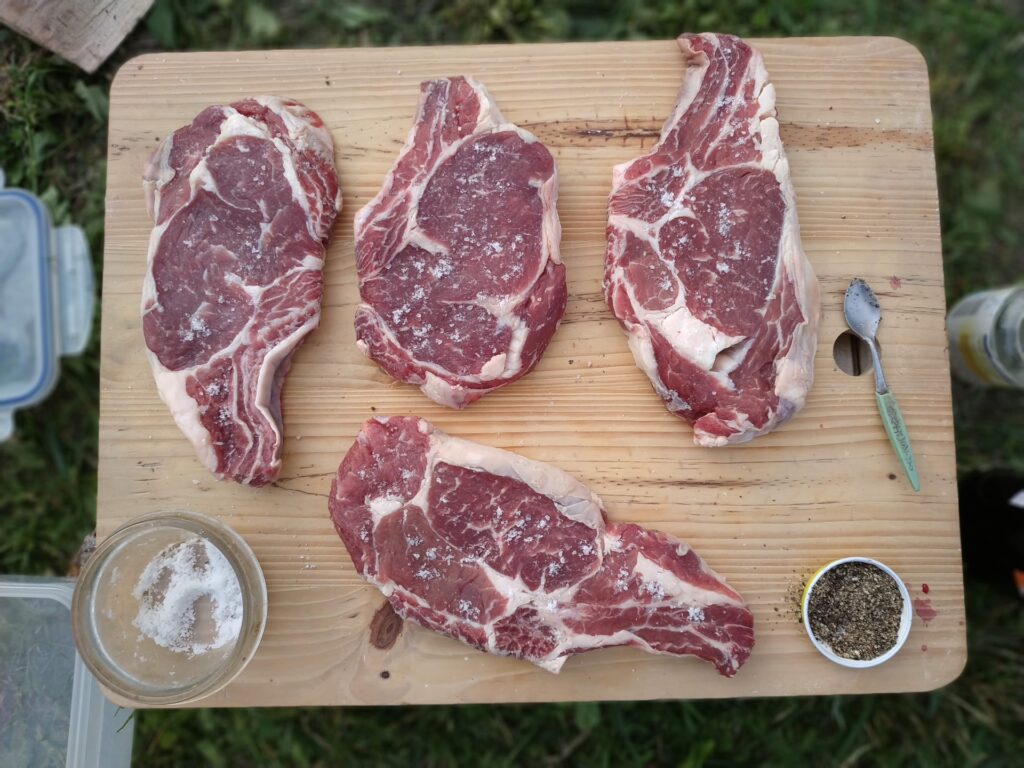Lee Luft 5:09 p.m. CDT September 3, 2014
File(Photo: Alyssa Bloechl/Kewaunee County Star-News )
Thank you for your Aug. 25 front-page article by Kate Golden, “In karst area, even good farming may pollute groundwater.”
As the article states, the shallow soils and karst (cracked) bedrock common in Northeastern Wisconsin provides little filtration for the animal waste being applied here.
As Golden points out, today Kewaunee County is home to approximately 42,000 cows (this is believed to be actual milking cows not the total number). The majority of these Kewaunee County cows are housed on 15 concentrated dairy animal feeding operations (CAFOs).
The operators of just these 15 factory farms must find a way to dispose of over 1 billion pounds of untreated animal waste each year. Most of this waste is in a liquid form that can quickly permeate our thin soils. This is the equivalent human waste of the cities of Milwaukee, Madison, Green Bay and Appleton — combined.
The very predictable result of applying this much untreated waste is that nearly one-third of all wells tested here are unsafe for drinking or bathing. In some towns in Kewaunee County, the number of unsafe wells is 50 percent of those tested.
Efforts by our top county officials to enlist the help of our state Department of Natural Resources and the Department of Agriculture, Trade and Consumer Protection have proven fruitless.
Those in the DNR and DATCP, right up to the state secretaries, Kathy Stepp and Ben Brancel, have met with our county leaders and indicated they can/will do nothing to assist us, even as some of our communities drift into third-world water status.
Meanwhile, Kewaunee, Brown and Manitowoc counties have become the poster counties for unsustainable agricultural practices that apply far too much waste on our highly vulnerable topography. Our state representatives acknowledge we have a problem but have done nothing to address the growing concerns of our citizens. In short we are on our own here in Kewaunee County and in much of Northeastern Wisconsin.
The concern has become so great, that our county is now taking some modest first steps to limit the flow of untreated manure and other wastes into our groundwater during the time of the year when the groundwater is most vulnerable.
This is a good first step, but as Andy Wallander, our Kewaunee County conservationist, indicates, even this modest effort to slow the damage being done here will very likely be challenged by the powerful dairy lobby and perhaps even by the state agencies charged with protecting our environment and improving farming practices, the DNR and DATCP.
The Dairy Business Association hesitates to acknowledge their members’ role in contaminating our water supplies and the horrific impact unsafe water has on the quality of life, much less support efforts to stem the flow of untreated wastes.
Dairying in Wisconsin should continue to be a great institution, employing thousands of our citizens and providing delicious and nutritious milk products for all to enjoy. The industrial farm model in use today is doing great harm to that proud tradition, to our environment and to our health.
The Dairy Business Association could do its members and all stakeholders a great service if it began a leadership role in recognizing those practices (e.g., over-application of liquid manure) that are most harmful and aid their members in finding workable solutions.
Hopefully we can come together as a community to better our environment and the lives of all our citizens before even more Northeastern Wisconsin waters are damaged.
Lee Luft of the town of Pierce represents the 18th district on the Kewaunee County Board and serves on the Land and Water Conservation Committee




